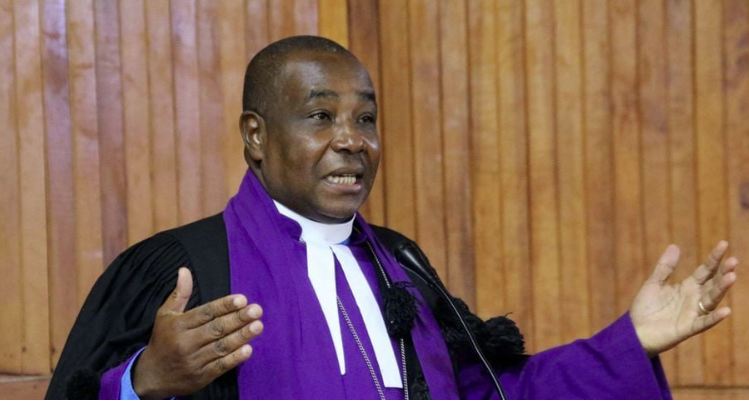Despite comprehensive Labour protection guidelines under employment act, many Kenyans face challenges related to notice period, minimum wage compliance and unfair employment contracts.
Unfair contract termination is one of the many issues that undermine workplace rights and livelihoods across the country.
Speaking during TV47’s Morning Café show on Tuesday November 19, 2024, High Court Advocate Silas Akiro, highlighted the guidelines on employment terms, notices and wages to protect both employees and employers as indicated by the Labour Laws Act.
Akiro stated that the law has defined rights, requirements and privileges for employees yet as a result of lack of knowledge of these terms, employers sometimes fail to adhere to the set laws.
For one to be terminated, the employer should have valid reasons and the proper procedure followed where the termination procedure doesn’t violate the terms and conditions of an employee’s contract.
“Dismissal should be within the law or confined by the contract; example gross misconduct, or someone has been convicted of a crime for imprisonment of not less than six months, or you have entered into theft of your employers equipment or workplace property or in a situation where you are underperforming but in this case it has to be substantiated in terms of what was expected of you,” said Akiro.
For notices, law works with 28 days. The probationary employees are entitled to seven days notice and the permanent employees depending on their contract should receive between 7 to 28 days.
“Termination notices works within 28 days, for probationary employees it works within days and in this case 7 days others 7-21days,” he said.
Casual workers whose employment is limited to task completion within 24 hours can work continuously up to one month for their contract to transition into a formal agreement under section 37.
“Many employees are not aware they can convert their employment from casual employment to permanent where all the benefits, housing, commuting allowance all those leave, sick leave, paternity, maternity leave all those compassionate leaves, kick in. But all those are normally reviewed when one takes the case to court, if you do not, it is like you are sitting on your rights,” Akiro advised.
However reports suggest that employers deliberately prolong casual arrangements denying workers job security and benefits.
The law also gives employees the privileges to take a case to court if they were wrongfully terminated.
Meanwhile, the court has consistently upheld legal time limits and employees who miss this deadline have the opportunity to seek an extension.
“The law provides a time frame of 3 years to file claims related to unfair dismissal. But one has to go to the court to have the time span extended,” he explained.
Notably, the law mandates the minimum wage of Ksh710 per day to all workers, including the casual workers.
Despite this, particularly in informal sectors and small businesses the issue of underpayment is rampant.
The Advocate argues that such violations harm individual workers and perpetuate economic inequality.
Additionally, employment contracts should be mutual ensuring fairness for both parties. However, the employers often dictate terms leaving no room to negotiate. Many contracts in Kenya are usually presented as non-negotiable.
“A contract for employment should be agreeable by both parties but what we see in most cases is employer’s terms, leaving no room for discussion,” he concluded.










